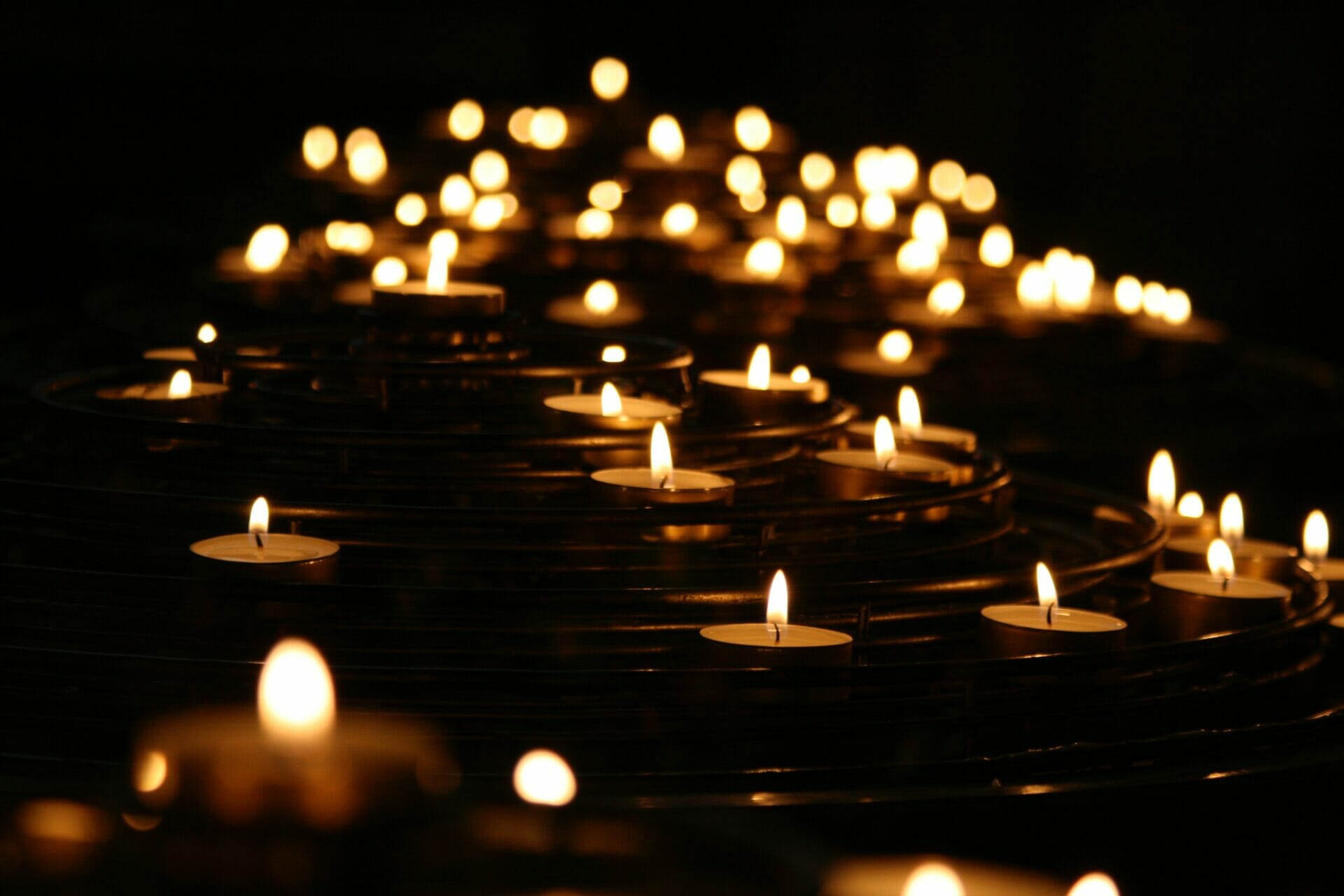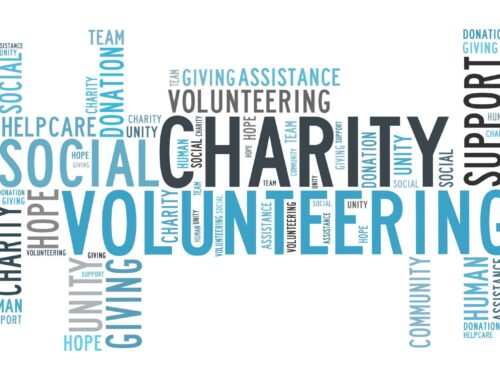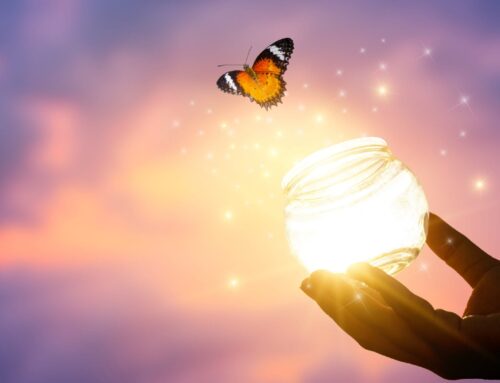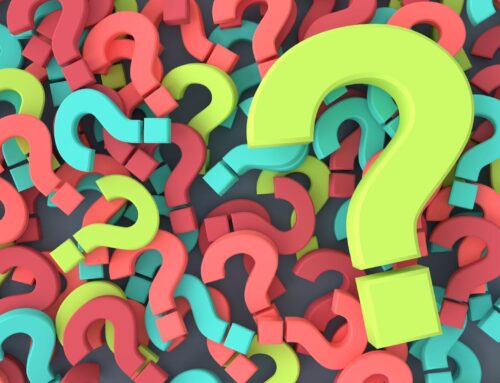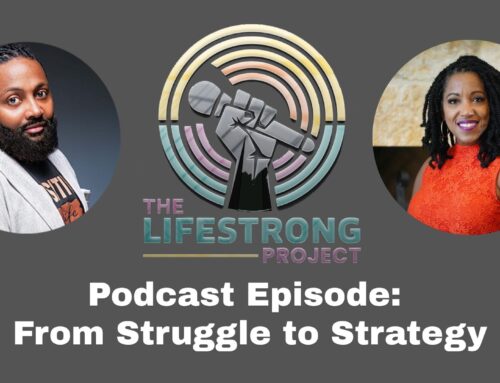Grief is both a universal and deeply personal experience. We will all experience grief in our lifetimes — that is guaranteed. The impact it has, how we process it, what happens beyond the grief — that is different for everyone.
Grief is a natural response to loss. Loss takes many forms, from the death of a loved one to the loss of a dream. Over the past two years there has been incredible loss around the world and now there is palpable grief. We have lost safety, certainties, hopes and beliefs, family and friends.
Grief shows itself in all aspects of life. It seeps into our emotions, thoughts, and behaviors. It can also impact our physical health, sense of self and identity, and our relationships with others. Grief is more than sadness. It is pain, anger, shock, regret, anxiety and numbness. We can be isolated in our own grief or overwhelmed by the grief of those around us. Grief finds a way. But the human spirit, and our resilience, also finds a way.
As a former emotional hoarder, I have learned through my experiences the importance of recognizing grief, and, instead of burying my feelings, finding the grace to give them space.
In my memoir, Love is a Catalyst (Volume 1 and 2) I wrote candidly about my experiences with grief which started as a child when I ‘lost’ my mom to drugs and then lost her fatally. I also lost large parts of my childhood; I lost many birthdays and milestones. I lost love and at times I lost hope, but I also found my deep core of resilience and my faith.
I subtitled volume 2 of Love is a Catalyst ‘The pain behind the purpose’ because on my journey through grief I discovered my true calling to help others and, even in the most difficult of times, that has remained a source of hope for me. Whether it was advocating for adoptive families, raising money for cancer research after losing our son, campaigning for racial equality, motivating college students or supporting women in STEM — my purpose gained clarity through grief.
When we carry the weight of our past (whether that is from things done to us or from things we’ve done to others), we limit our effectiveness. I had walls up and worked tirelessly to keep them there. All that effort distracted me from living up to my potential. Life is a privilege not to be wasted. Changing my relationship with grief reminded me of the need to forgive others and myself. I have no room for guilt and shame, and negative self-talk only hurts my growth. Life is a journey, and mine continued with many ups and downs. But each was designed to build my muscles so that I could endure.
I discovered that the best way to overcome challenges is to run right into the wind. I needed the temporary container for my grief, but I realized permanent storage could be destructive. I’m mindful of this: “Run with perseverance the race marked out for us” (Hebrews 12: 1).
As you navigate your personal grief journey I urge you to remember that:
- There is no time frame for grief
- Ignoring it will not make it go away
- You do not have to be stoic — there is great strength in showing vulnerability to others
- Do not dismiss your own or someone else’s pain
- Moving on is important — it has nothing to do with forgetting.
It was an incredibly cathartic experience to write my story. It also aligned with my purpose to help organizations and individuals accomplish their goals. Grief is a part of all our stories — why not try writing yours?

